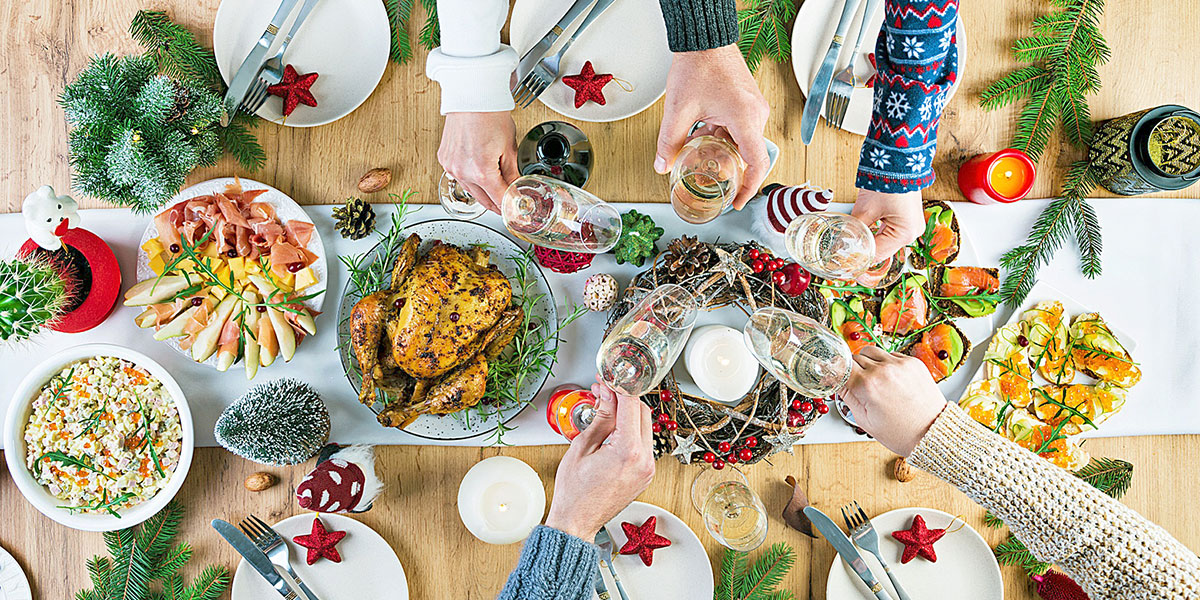Professors Alicia Aguilar and Anna Bach, from the UOC, give keys to tasting healthy
In this Christmas season, excesses are normalized when it comes to nutrition. That is why experts insist on the idea that Christmas does not last only 15 days. The truth is that at the level of advice there is a strong contradiction, on the one hand they defend the idea that you have to enjoy these days and the traditional dishes of these festive dates and on the other hand they insist that you have to maintain healthy habits and get back to the routine as soon as possible.
For these doubts, the professors of the Open University of Catalonia, Alicia Aguilar and Anna Bach give the keys to maintain a healthy diet during the holidays.
First they advise on the adjustment of rations. “There is a tendency to overcook and serve too much on the plate, which leads to eating more than you even want,” explains Aguilar. Therefore, it is important to plan the menu considering the number of guests.
He also recommends alternating foods so that between what you like to eat and what you should eat.
Another tip is to control the appetizers, combining the fattest options with other grilled or boiled options, such as salads, chicken breasts, and shrimp. “Christmas is precisely the time to eat these foods: if there is no specific reason not to, therefore, we have to enjoy them. But they can be alternated. For example, one day you can end a light meal with Christmas desserts and, on the other hand, we can end a more abundant meal with a digestive infusion. And above all these desserts should not become the usual complement to all meals in December and January ”, he concludes.
Something that may seem correct on a nutritional level is to skip meals to try to compensate for the strong one, however, this causes you to arrive at the other dish more hungry and it is possible that you eat more, so Bach comments that “you have to try to divide the daily intake in five meals so as not to alternate fasting with large meals. It is good to have constant glucose values: if not, the body will seek to compensate them at the next meal.” The teachers also recommend eating slowly and moderating desserts. They invite you to be aware, not go overboard and opt for small portions.
It is also a good idea to visit fruit-based desserts from time to time.
To culminate and perhaps one of the least liked for these dates is the care with alcohol. The recommendation is to avoid it or, in any case, not to exceed 2 to 3 glasses of wine or cava throughout the day between lunch and dinner.
If, once all this is done, we want to lend a hand to the body, Anna Bach suggests some foods that can help. To improve digestion and the digestive system: fennel, thyme, bay leaf, escarole, endive, artichoke, pineapple, bifidus yogurt, fennel seeds, vegetable juices, pineapple or kiwi sorbets, or green tea. You can also take mint before meals or chamomile after. In addition, try to drink two liters of water a day, diuretic infusions (dandelion, horsetail or pelosilla), bifidus yogurt and also orange, lemon or carrot juice.















